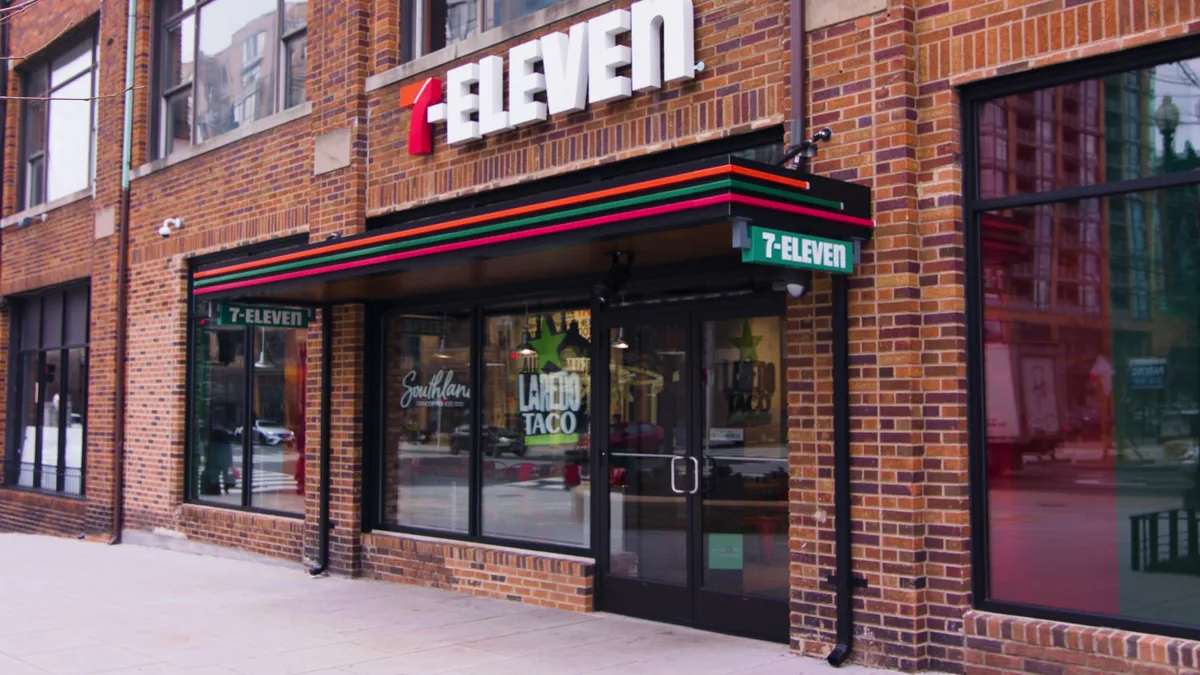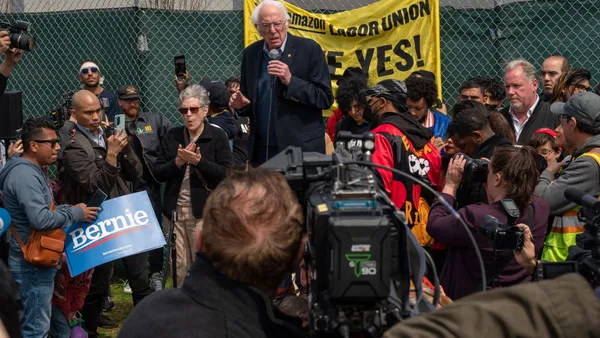Dive Brief:
- The former owner of a chain of Oklahoma-based 7-Eleven stores has agreed to pay $160,000 to settle a U.S Equal Employment Opportunity Commission (EEOC) lawsuit alleging that it refused to provide reasonable accommodations to several employees, in violation of the Americans with Disabilities Act (ADA).
- Brown-Thompson General Partnership, which did business as 7-Eleven Stores, fired a warehouse worker and eight other employees who needed reasonable accommodations such as modified duty or extended leave, EEOC alleged in its statement. The plaintiffs said employees who were unable to work for more than three days due to conditions or injuries sustained outside of work and who were not eligible for leave Family and Medical Leave Act (FMLA) leave were terminated, a policy the defendant relied on to avoid accommodating employees with disabilities.
- "Businesses need to work with employees who have medical conditions and who request a reasonable accommodation," EEOC St. Louis Regional Attorney Andrea G. Baran said in the statement. "The first choice should always be to find a way to keep employees working or to get them back to work as quickly as possible. Abruptly firing workers based on disability will frequently run afoul of the law."
Dive Insight:
The ADA generally requires employers to accommodate workers with disabilities so they can perform the essential functions of their jobs. It also obligates employers to provide accommodations to applicants.
Once an employee has requested an accommodation, experts recommend employers engage in an interactive process to identify solutions. It's important to note that an request for accommodation does not have to arrive in writing or use any language associated with the ADA, experts say.
Accommodations can take many forms. Employers may need to modify a workplace policy, EEOC previously said, to accommodate a worker. An employee may need an adjusted work schedule, for instance, which may involve the employer modifying leave or attendance policies. "The Commission takes the position that compliance with the FMLA does not necessarily meet an employer's obligation under the ADA, and the fact that any additional leave exceeds what is permitted under the FMLA, by itself, is not sufficient to show undue hardship," EEOC has said in guidance. There may be legitimate reasons, EEOC noted, that leave extension could create an undue hardship, however.











